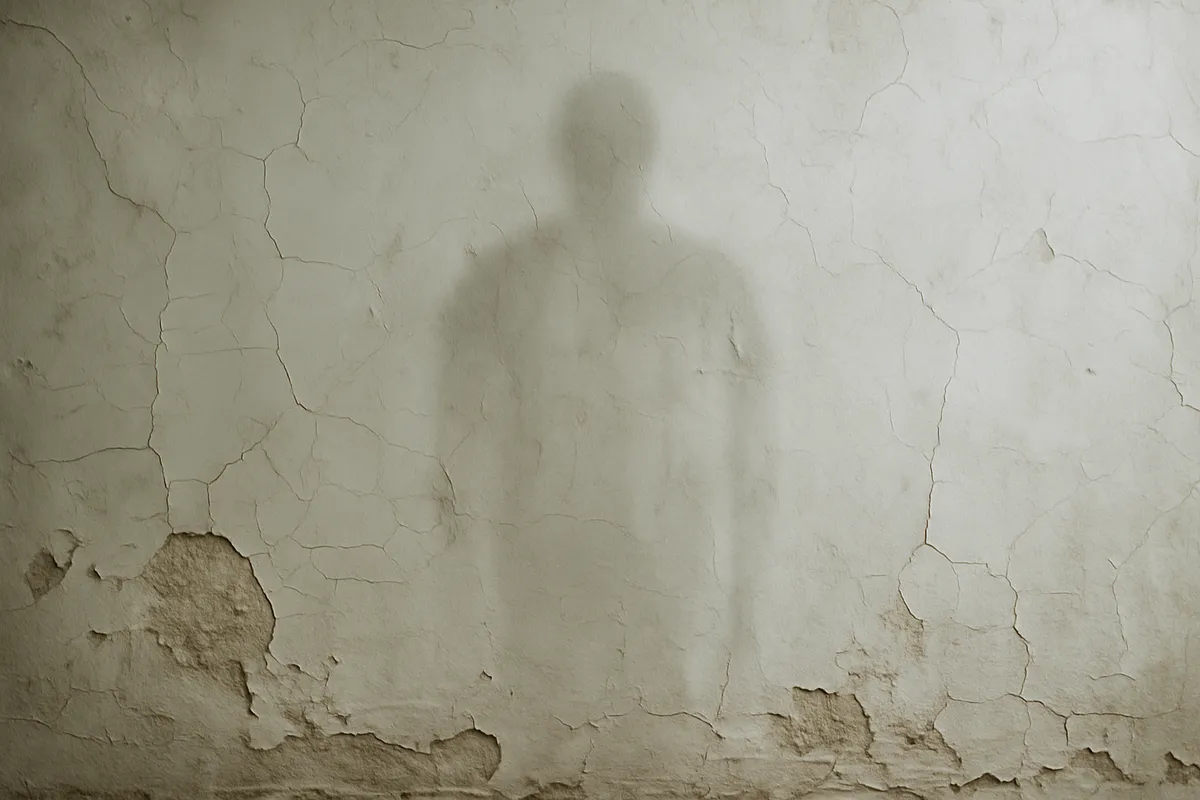The ghosts were always real—but they were built into the walls
 In The Independent, Freddie Sawyer writes about autistic fatigue — not as tiredness, but as haunting — a kind of sacred hollowing. He calls it ghostliness, possession, a vanishing that feels spiritual. And if you’ve lived through autistic burnout, you know exactly what he means.
In The Independent, Freddie Sawyer writes about autistic fatigue — not as tiredness, but as haunting — a kind of sacred hollowing. He calls it ghostliness, possession, a vanishing that feels spiritual. And if you’ve lived through autistic burnout, you know exactly what he means.
But what Sawyer names poetically, the rest of the world still misreads diagnostically.
So let’s complete the picture.
If autistic burnout feels like haunting, we have to ask:
Who built the house?
Because exhaustion this profound doesn’t emerge from neurology alone.
It’s constructed — by systems that demand autistic performance while erasing autistic reality.
And those systems?
Research is one of them.
Sawyer describes the autistic body as a site of contradiction: craving silence but forced into speech, craving rest but cast as lazy, craving solitude but pathologized as withdrawn. These aren’t just cultural judgments. They’re built into how autism is studied, funded and defined.
Because most autism research doesn’t ask why burnout happens.
It asks how to “restore functioning” once we collapse.
It treats burnout as a deviation from baseline — not a verdict on the baseline itself.
But what if autistic burnout isn’t a deviation?
What if it’s the natural outcome of a world that studies us, designs for us and diagnoses us—but never consults us?
What if ghostliness is not metaphor — but method?
What if we’ve been disappearing because we were never fully seen?
Burnout is not failure.
It’s feedback.
But when the research frame treats autistic traits as errors, it can’t receive that feedback. It just logs it as regression.
Sawyer’s essay gives us the language of sacred unraveling. But sacred doesn’t mean soft. It means consequential. It means: take this seriously.
And if researchers took it seriously, they would stop asking how to suppress visible collapse and start asking what systems are producing it.
They would stop medicalizing our withdrawal and start tracing who benefits when we’re too exhausted to resist.
They would stop mistaking autistic burnout for mystery and start recognizing it as message.
So yes—autistic people are ghosting out of jobs, out of systems, out of visibility.
But maybe that’s not disappearance.
Maybe it’s refusal.
Maybe it’s what happens when you’ve spent your whole life being studied like a glitch and finally decide: I’m not performing for this architecture anymore.
Sawyer's language matters.
But let’s not stop at the poetry.
Let’s follow it to the foundations and start asking why they were built on our disappearance to begin with.